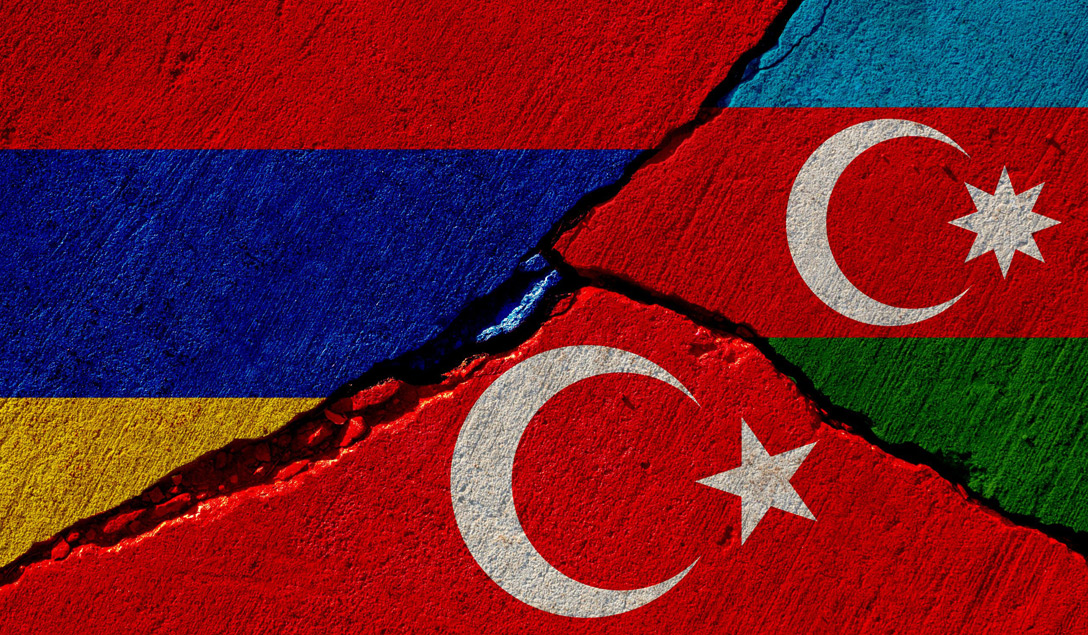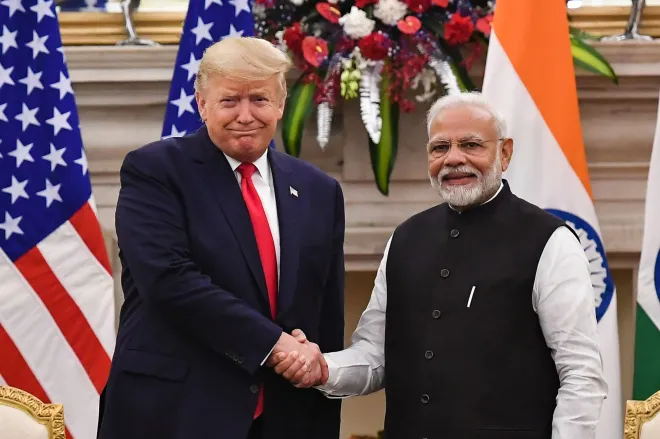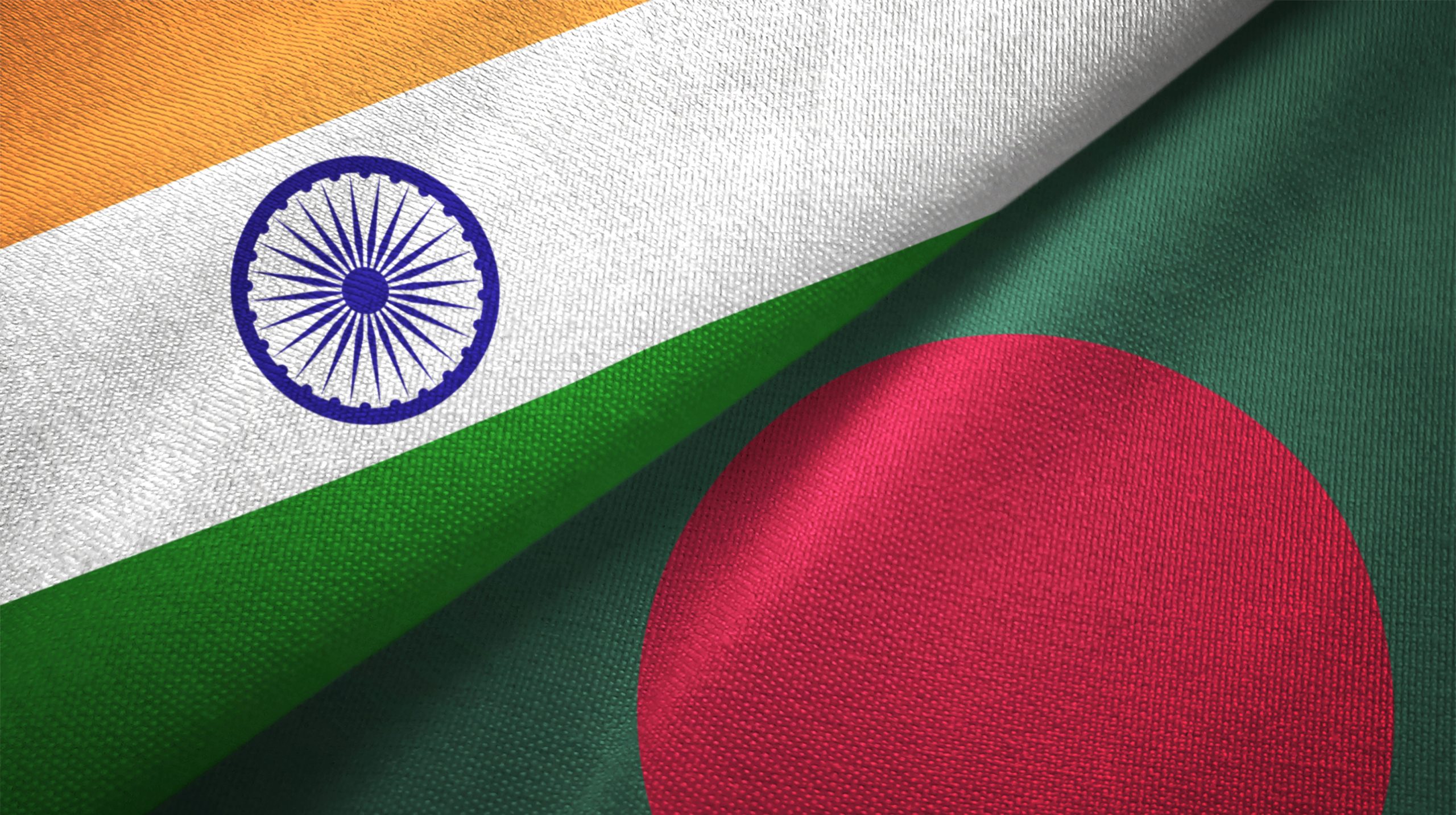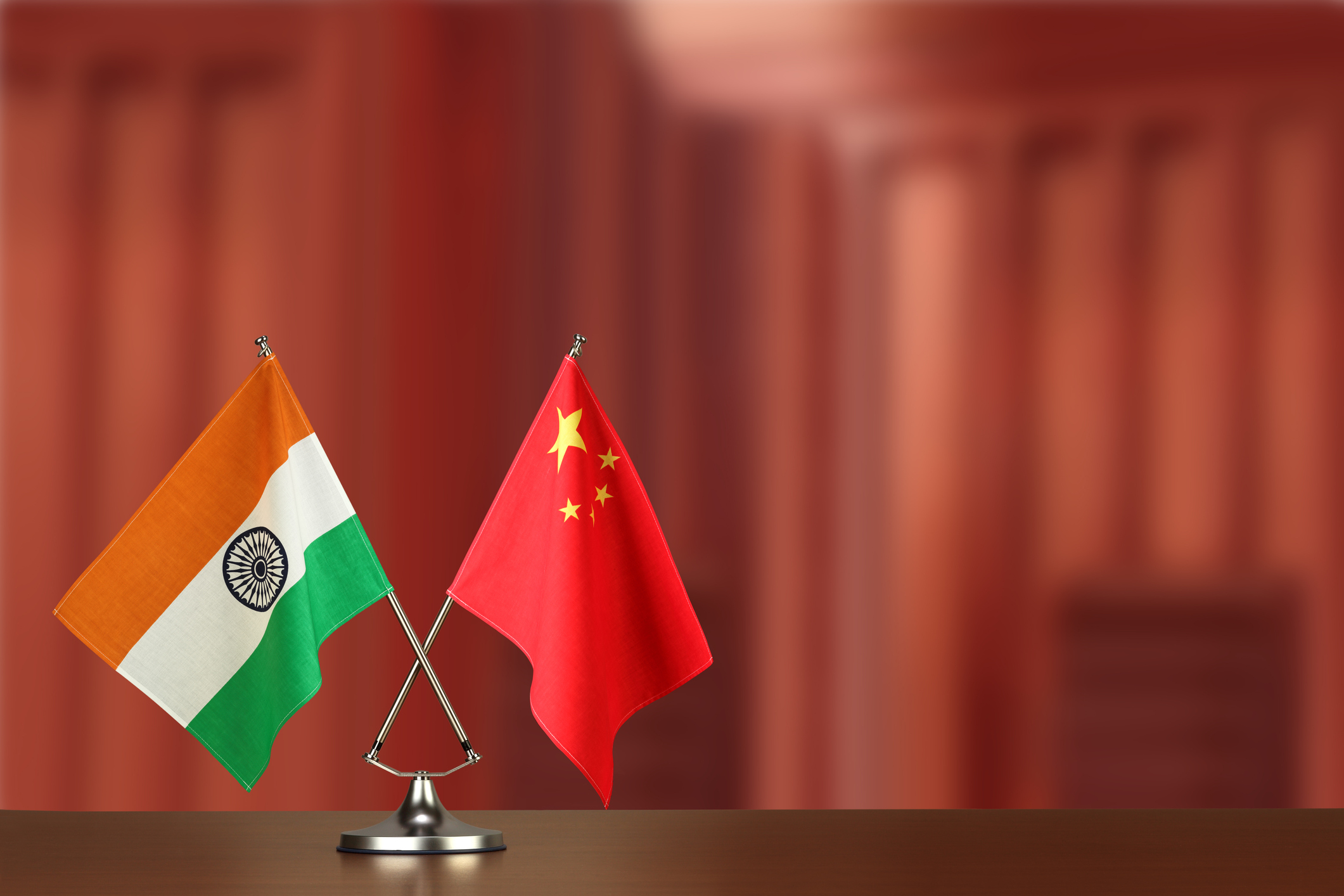
Turkey’s Influence in Nagorno-Karabakh – An Emerging Security Concern for India
Mon, 04 Jan 2021 | Reading Time: 6 minutes

Nagorno-Karabakh Conflict
Nagorno-Karabakh has been embroiled in a fierce conflict between Armenia and Azerbaijan since last three decades. Nagorno-Karabakh, internationally recognised autonomous region in Azerbaijan populated and controlled by ethnic Armenians, has aspirations for independence with support from Armenia. It sought to attain independence from Azerbaijan after the collapse of the former Soviet Union in 1991. This triggered a war between Armenia and Azerbaijan in 1991-94. [i] As per the May 1994 ceasefire agreement, Armenian army occupied seven districts around Nagorno Karabakh and separatists ethnic Armenians backed by Armenian government gained control over Nagorno-Karabakh. It also established the Nagorno-Karabakh Line of Contact that separates the Armenian and Azerbaijani forces. The 1994 agreement, however, has not prevented sporadic exchanges of fire along the Line of Contact between Armenia and Azerbaijan.[ii] Since then, the settlement of the Nagorno-Karabakh conflict remains elusive and has been the trigger for violence in the years since.
Since 1994, the Organisation for Security and Cooperation in Europe (OSCE) the Minsk Group, co-chaired by the US, Russia and France, has been facilitating negotiation between Armenia and Azerbaijan to settle the Nagorno-Karabakh conflict.[iii] Its mandate is to facilitate negotiations for a peaceful and comprehensive settlement with parties to Nagorno Karabakh conflict.[iv] The negotiations efforts of the OSCE Group has so far failed to produce a final solution to the conflict.[v]
Turkey’s Support for Azerbaijan: A Game-Changer
Azerbaijan, with Turkey’s support, is trying to change the status quo in the Nagorno-Karabakh conflict with Armenia.[vi] Turkey, which hitherto had been indirectly supporting Azerbaijan, has expanded the scope of its involvement in the Nagorno-Karabakh conflict recently through military support to Azerbaijan.[vii] Turkish President Erdogan has invoked the saying that the countries are “one nation, two states”.[viii] Turkey invested in training Azerbaijan’s armed forces and supplied drones.[ix] Turkey’s military support to Azerbaijan has had the ‘game-changing’ effect in flaring up the on-going conflict, which escalated into a full-fledged war between Armenia and Azerbaijan on 27 September 2020. Turkish and Azerbaijani forces conducted joint military exercises between July 29 and August 10, before the Azerbaijani announcement of its offensive against Armenia along the Line of Contact on 27 September 2020.[x] Turkey also allegedly facilitated the participation of mercenaries from Syria and Libya to fight alongside Azeri forces.
As a result, Armenia suffered a humiliating defeat in the six-week war with Azerbaijan. Azerbaijan captured a large portion of Nagorno-Karabakh region including the strategic city of Susha. Armenia conceded to sign the Russia-mediated ceasefire Agreement with Azerbaijan on 9 November 2020.
Nagorno-Karabakh Peace Deal
The Nagorno-Karabakh Peace Deal of 9 November 2020 brought an end to Armenia’s occupation of the region.[xi] The deal allowed Azerbaijan to keep territories it had captured during the current conflict and obliged Armenia to return to Azerbaijan the districts outside of Nagorno-Karabakh that it has controlled since 1994.[xii] This means a significant gain for Azerbaijan as it has reclaimed over most of the Nagorno-Karabakh territory during the recent conflict, including the strategically located city of Susha. However, Armenia-backed separatist still retains control of the remaining part of the region, including the capital of the Nagorno-Karabakh region, Stepanakert, under the protection of Russian peacekeepers.
Importantly, under the deal, the Russian Peacekeeping forces would be deployed for five years along the Line of Contact in Nagorno-Karabakh and the Lachin Corridor.[xiii] The agreement, however, is silent on the future status of Nagorno-Karabakh and how a final settlement of the conflict would be reached.
Stability in Nagorno-Karabakh is critical to ensure the security of the oil and gas export from Azerbaijan. The US and European companies have made considerable investments in Azerbaijan’s oil and gas industry. India’s ONGC Videsh is also part of the consortium that owns and operates Baku-Tbilisi-Chaney (BTC) oil pipeline.
Turkey’s key role in the final settlement
The implementation of the November 2020 ceasefire agreement is underway and therefore it is difficult to make a conclusive assessment of the deal. Nevertheless, it is undeniable that the active involvement of Turkey in the recent conflict has added a new dimension to the Nagorno-Karabakh peace process. It has emerged a key player in future negotiation for final settlement of the Nagorno-Karabakh dispute between under the OSCE Minsk Mediation Group. The stability in the region now hinges on the role of Turkey in a future negotiation. If Turkey is denied a negotiating role by the OSCE Minsk Mediation Group and Azerbaijan does not receive its territories back, Ankara could scale up its military support for Baku.
Implications for India: Will Turkey Replicate Nagorno-Karabakh Model in Kashmir?
Turkey’s support for Pakistan on Kashmir
Turkey’s active support to Muslim dominated Azerbaijan in the recent Nagorno-Karabakh conflict underscores its desire to emerge as the ‘ummah’ of the Muslim world. It aims to re-establish Islamic institutions and reinforcing Islamic symbols. Recently, two UNESCO World Heritage Sites – Hagia Sophia and the Chora Church – were converted to mosques by the Turkish government. The “New Turkey” of Erdogan to aspire to become the “core state” of the Islamic civilization — the lack of which was stressed by Samuel Huntington in his famous work, The Clash of Civilizations and the Remaking of World Order.[xiv] This can easily be deciphered in the paradigm shift in Turkish foreign policy from western orientation to Pan-Islamist orientation.
Turkey is increasingly involved in religious-oriented foreign policy outreach in Muslim countries, especially in South Asia. Recently in a joint press conference with Malaysian PM in July 2019, Turkish President Erdogan emphasised on the necessity of solidarity between Turkey, Malaysia and Pakistan for the unity of the Islamic world.[xv] Pakistan welcomed the Turkish President to initiate a Muslim renaissance and unite the Muslim world.[xvi] This explains the growing close relationship between Turkey and Pakistan, especially on Kashmir issue.
Turkey is one of the few countries which continues to support Pakistan in aftermath of the abrogation of the special status of Kashmir on 5 August 2019. Erdogan had raised the issue of Kashmir at the UN General Assembly (UNGA) in 2019 and criticised the international community for failing to pay attention to the Kashmir conflict. Once again, in September 2020 UN General Assembly address, the Turkish President stated that “Kashmir conflict is still a burning issue.” Turkey continues to support Pakistan against India on Kashmir issue to consolidate its claim as a champion of the world-wide Islamic community. In line with Pakistan, the Turkish media has started using the term “Indian Illegally Occupied Jammu and Kashmir (IIOJK)” from 5 August 2020. Turkish media (Anadolu Agency and TRT) and Think-Tanks are recruiting pro-Pakistan journalists and Jehadis to actively engage in propagating Pakistani position on Kashmir.
Turkey-Azerbaijan-Pakistan Axis
Azerbaijan’s victory in the recent Nagorno-Karabakh Conflict, with military support from Turkey, has bolstered Istanbul’s Pan-Islamist foreign policy. It appears that Turkey now intends to replicate the Nagorno-Karabakh model in Kashmir as well. The Turkish government media agency has described the Kashmir issue as similar to the Nagorno-Karabakh dispute. Pakistan too expressed solidarity with Turkey and Azerbaijan on Nagorno-Karabakh issue.[xvii]
Strategic and national security implications
Turkey’s growing interest on Kashmir seems to be directed towards realizing a much larger geostrategic objective in South Asia, which is to make inroads into the large Muslim population in this region. Further, bolstered by success in recent Nagorno-Karabakh conflict, Turkey has been allegedly working with Pakistan to send Syrian terrorists to Kashmir. Media reports suggest that Turkish-backed Suleyman Shah Brigades terrorist organization, which is a part of the Syrian National Army, is preparing a list of its members who want to go to Kashmir.[xviii]
Given Turkey’s known links with transnational terror groups and alleged use of those terrorists in the recent Nagorno-Karabakh conflict, the reported bonhomie between Turkey and Pakistan to replicate Nagorno-Karabakh model in Kashmir raises serious security concerns.
All these recent geopolitical developments could have significant strategic and national security implications for India. It can facilitate the entrenchment of terrorist outfits such as ISIS and Al Qaeda in India, particularly in Kashmir. Further, penetration of Turkish ‘ummah’ identity into the Muslim community could accentuate communal divide and riots across the country.
References:
[i] L. Avdoyan (1995). Nagorno Karabakh: An historical perspective. International Journal on Group Rights, 3: 161-167.
[ii] Elizabeth Fuller (2013). Azerbaijan’s Foreign Policy and the Nagorno-Karabakh Conflict. Istituto Affari Internazionali (IAI). IAI Working Papers 13. 12 – April 2013.
[iii] Alec Rasizade (2011). Azerbaijan’s Prospects in Nagorno–Karabakh. World Affairs: The Journal of International Issues, 15 (2):140-164.
[iv] The Group’s permanent members are Belarus, Germany, Italy, Sweden, Finland, and Turkey, as well as Armenia and Azerbaijan. See, The 1995 Mandate of the Co-Chairmen of the Conference on Nagorno Karabakh under the auspices of the OSCE (“Minsk Conference”). https://www.osce.org/files/f/documents/f/f/70125.pdf
[v] Shamkhal Abilov (2018). OSCE Minsk Group: Proposals and Failure, the View from Azerbaijan. Insight Turkey, 20(1): 143-164.
[vi] Daria Isachenko (2020). Turkey–Russia Partnership in the War over Nagorno-Karabakh. German Institute for International and Security Affairs. SWP Comment No. 53 November 2020. https://www.swp-berlin.org/fileadmin/contents/products/comments/2020C53_NagornoKarabakh.pdf
[vii] Mason Clark and Ezgi Yazici (Oct 12, 2020). Erdogan Seeks to Upend the Kremlin-backed Status Quo in Nagorno-Karabakh. Institute for the Study of War
[viii] Patrick Keddie (2020, 30 Oct). What’s Turkey’s role in the Nagorno-Karabakh conflict? Aljazeera.
https://www.aljazeera.com/features/2020/10/30/whats-turkeys-role-in-the-nagorno-karabakh-conflict.
[ix] Taras Kuzio (2020, 18 November). Turkey Forges a New Geo-Strategic Axis from Azerbaijan to Ukraine. RUSI Commentary. https://rusi.org/commentary/turkey-forges-new-geo-strategic-axis-azerbaijan-ukraine.
[x] ENV Report (2020, 27 Sept). Azerbaijan Launches Wide-Scale Offensive. https://www.evnreport.com/politics/azerbaijan-launches-wide-scale-offensive.
[xi] Aljazeera (2020, 9 Nov). Armenia, Azerbaijan, Russia sign deal to end Nagorno-Karabakh war. https://www.aljazeera.com/news/2020/11/9/armenia-pm-says-signed-painful-deal-to-end-nagorno-karabakh-war.
[xii] European Principal Group (EPG) (2020, 17 November). Vienneast Compass Nagorno-Karabakh Ceasefire Agreement – Outlook. https://europeanprincipalgroup.com/wp-content/uploads/2020/11/20201111-Nagorno-Karabakh-ceasefire-outlook-VE-Compass.pdf
[xiii] Catisma Gundemi (2020, 10 November). The agreement for Nagorno-Karabakh between Russia, Armenia and Azerbaijan. https://catismagundemi.com/the-agreement-for-nagorno-karabakh-between-russia-armenia-and-azerbaijan.
[xiv] Mustafa Akyol (2015). Islam and the Liberal Order. In: Michael Barnett at el. (2015). Faith, Freedom, and Foreign Policy Challenges for the Transatlantic Community. Washington, DC: Transatlantic Academy.
[xv] TRT World (2019, 25 July). https://www.trtworld.com/turkey/turkey-was-the-saviour-of-muslim-ummah-malaysian-pm-28522.
[xvi] Aamir Latif (2019, 26 July). Pakistan lauds Muslim renaissance trilateral initiative Turkey, Malaysia and Pakistan can pave way forward for development in Muslim world, says Pakistan’s foreign minister.
[xvii] Younis Dar (2020, 10 November). Karabakh Today, Kashmir Tomorrow: Is Kashmir’s Liberation Next On Cards For Turkish President Erdogan? Eurasian Times. https://eurasiantimes.com/karabakh-today-kashmir-tomorrow-is-kashmirs-liberation-next-on-cards-for-turkish-president-erdogan/
[xviii] Paul Antonopoulos (2020, 4 December). Turkey is preparing Syrian mercenaries to fight in Kashmir: report. Greek City Times. https://greekcitytimes.com/2020/12/04/turkey-syrian-mercenaries-kashmir/
Disclaimer
The opinions expressed in this article are the author’s own and do not reflect the views of Chanakya Forum. All information provided in this article including timeliness, completeness, accuracy, suitability or validity of information referenced therein, is the sole responsibility of the author. www.chanakyaforum.com does not assume any responsibility for the same.
Chanakya Forum is now on . Click here to join our channel (@ChanakyaForum) and stay updated with the latest headlines and articles.
Important
We work round the clock to bring you the finest articles and updates from around the world. There is a team that works tirelessly to ensure that you have a seamless reading experience. But all this costs money. Please support us so that we keep doing what we do best. Happy Reading
Support Us




















POST COMMENTS (1)
Rahil slathia